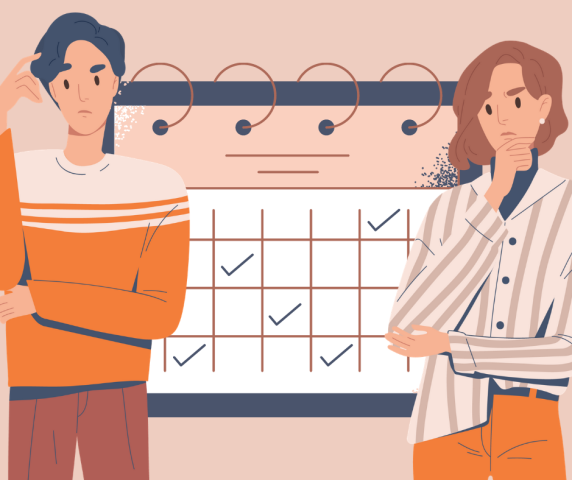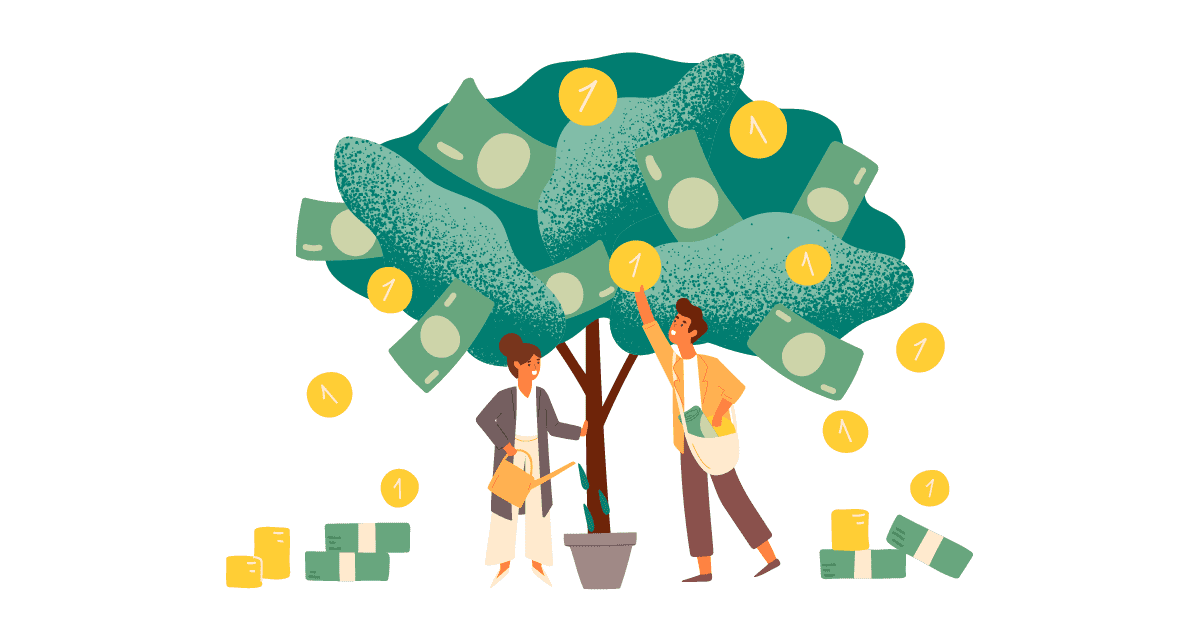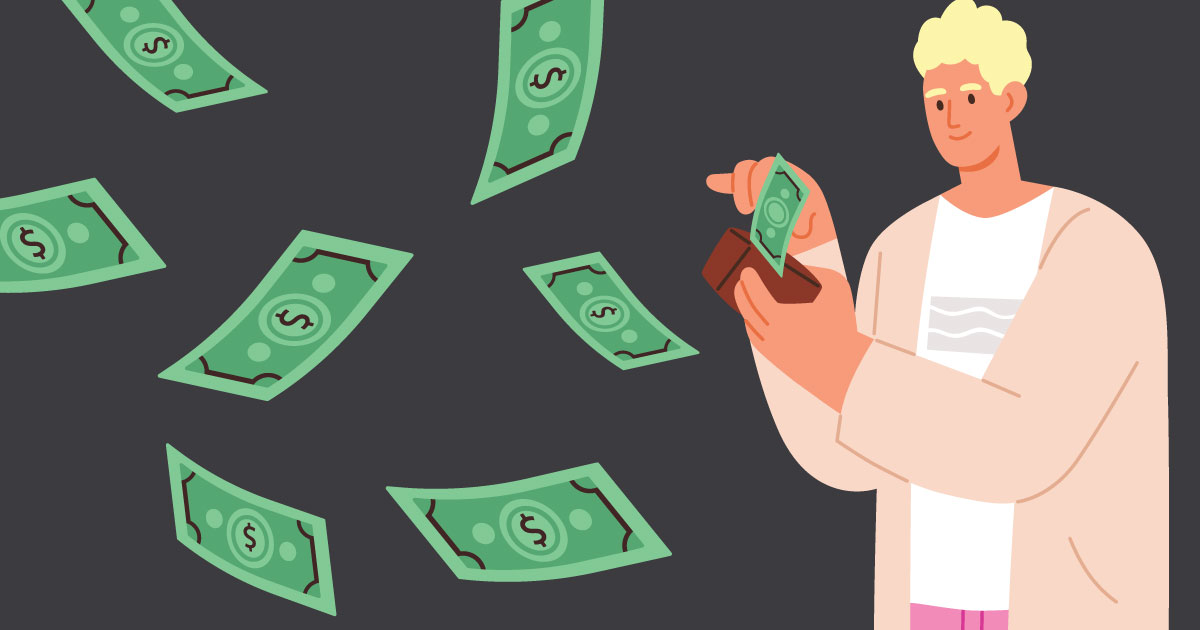- Guest Contributor
- January 21, 2021
Gig workers are independent contractors, they are not employees. Employees become unemployed when they lose their job. Gig workers can be out of work, but still not qualify for unemployment due to their worker status.
States’ requirements for unemployment benefits may have changed during the pandemic due to the CARES Act. Here’s why out-of-work gig workers are often not considered unemployed.
Unemployed Gig Workers
Gig workers often face periods of time when they aren’t working or are working very little. During that time, you’re not unemployed and can’t collect unemployment compensation. Gig workers that are out of work aren’t unemployed because they didn’t have a regular period of employment to begin with. There are ways you can protect against lost income, even if you aren’t considered unemployed.
The Department of Labor states that workers qualify if they’re: “unemployed through no fault of [their] own.” For example, if you’re “separated from your last job due to a lack of available work.”
States have criteria to determine if someone qualifies for unemployment. It often includes how long you worked, if you met a minimum earning requirement, and why your job ended. An unemployment paycheck amount is a percentage of your old paychecks. To prove your prior income, you would submit a W2 from your previous employer. This a form unique to employees. Independent contractors do not have an employer/employee relationship and do not receive a W2 for their work.
Under the CARES Act and the Pandemic Unemployment Assistance program, some states allow self-employed individuals to file for unemployment. They can do this if their loss of work is directly because of the pandemic. It’s important to consider the status of unemployment in the state(s) you work in. First, you’ll need to determine if you’re covered. Then, you’ll need to know how long that coverage lasts.
Possible Penalties
If you receive unemployment while working gigs, you could face penalties for lying about your employment status and income. Penalties vary from state to state. Most will not allow you to use the unemployment compensation system for a period of time. Some could also require you to pay back any funds you received. Some states, such as Tennessee, may charge a fine for fraud.
Finding More Information About Unemployment
To find more information, visit your state’s unemployment page or the Internal Revenue Service.
About the Author: Cheryl Bowman has been writing on various topics since 2007. She writes on many topics, including pets and food. Her specialties are legal and automotive as she worked in both industries. Cheryl’s legal specialties are bankruptcy and family law, but she writes about criminal law and civil cases such as personal injury and real estate. You can find Cheryl on Writer Access.










